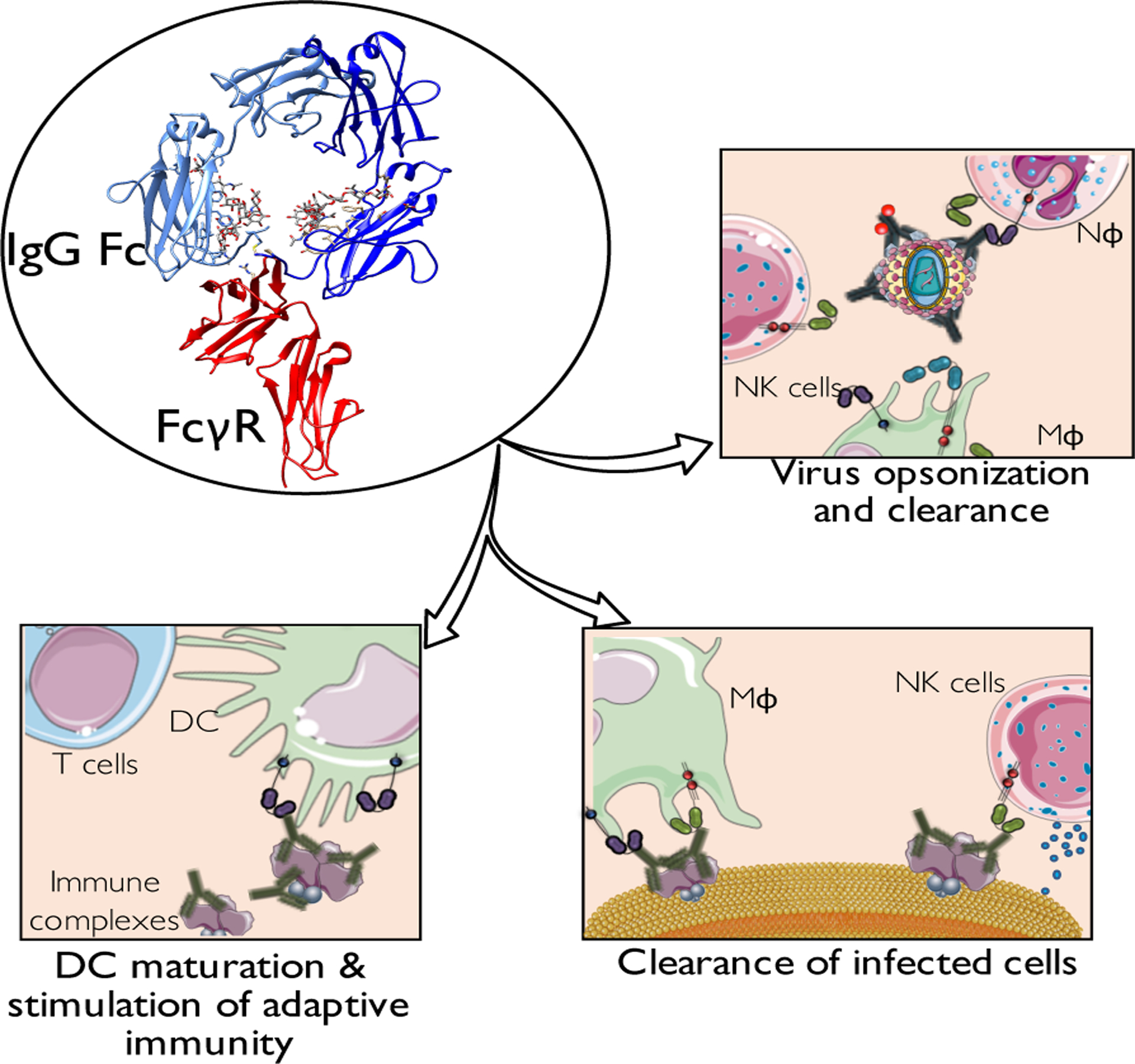Figure 3: FcγR-mediated effector activities mediated by anti-HIV-1 antibodies.

In addition to the Fab-mediated function to block viral entry and fusion to target cells, the in vivo antiviral activity of anti-HIV-1 antibodies also depends on effector functions mediated through the interaction of their Fc domains with FcγRs (depicted here is the interaction of FcγRIIIa with human IgG1 Fc (PDB: 1E4K)). These effector functions include: opsonization and clearance of viral particles, as well as elimination of HIV-infected cells, limiting thereby the viral reservoir and preventing further infection spreading. Additionally, given the capacity of FcγR-mediated interactions to modulate the functional activity of antigen-presenting cells, like dendritic cells, anti-HIV-1 immune complexes can also stimulate adaptive immune responses, through the induction of dendritic cell maturation and enhanced antigen processing and presentation.
